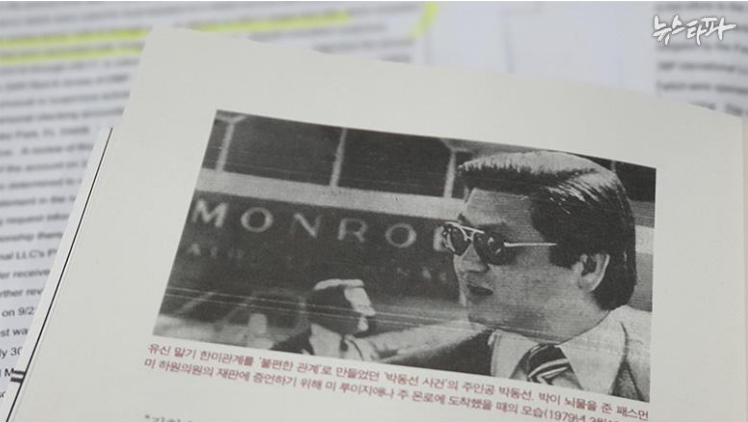
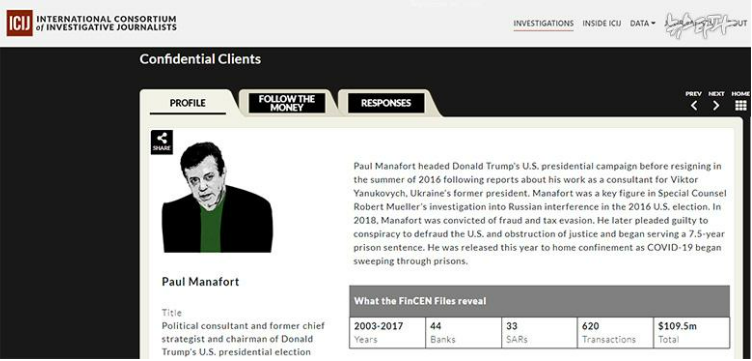
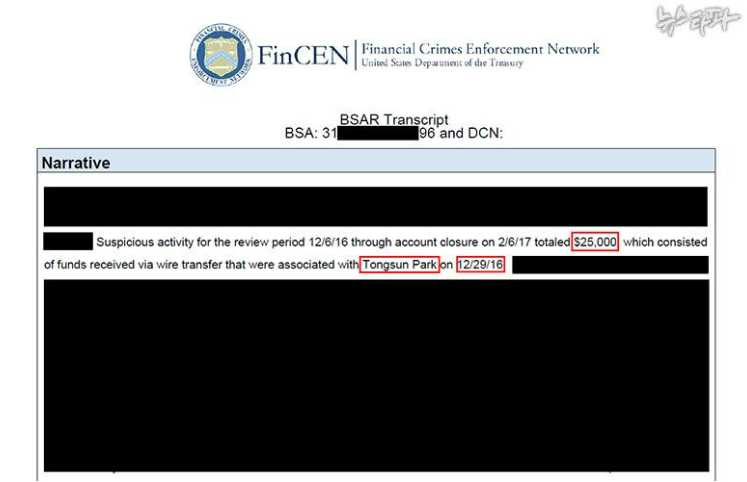
Trump was elected President on November 8, 2016. Manafort told the Office that, in the wake of Trump’s victory, he was not interested in an Administration job. Manafort instead preferred to stay on the ‘outside,’ and monetize his campaign position to generate business given his familiarity and relationship with Trump and the incoming Administration. Manafort appeared to follow that plan, as he traveled to the Middle East, Cuba, South Korea, Japan, and China and was paid to explain what a Trump presidency would entail.Report on The Investigation Into Russian Interference In The 2016 Presidential Election (The Mueller Report) Vol 1. p141
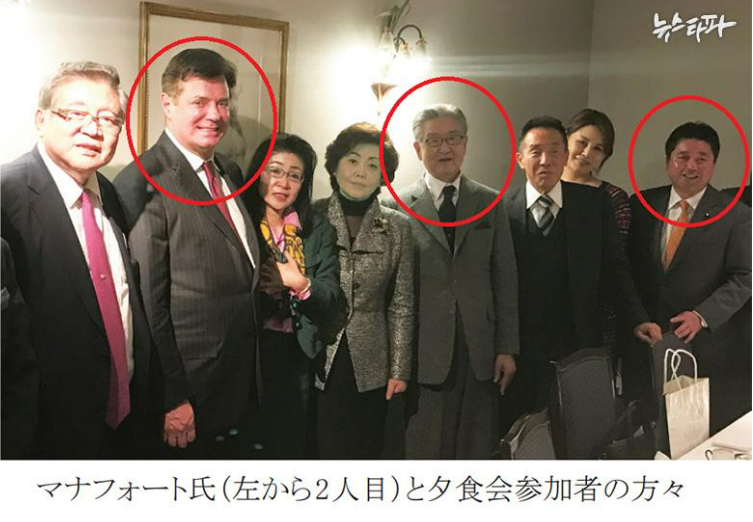
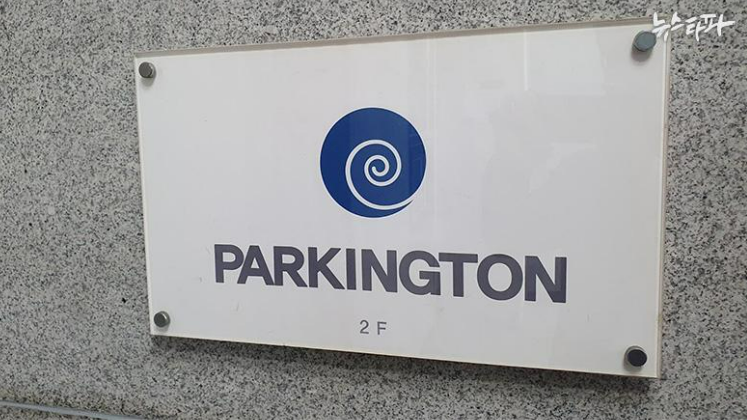
| Reporting | Yongjin Kim, Jiyoon Kim, Myungju Lee |
| Design | Do-hyeon Lee |
| Publishing | Hyeon-jae Heo |
뉴스타파는 권력과 자본의 간섭을 받지 않고 진실만을 보도하기 위해, 광고나 협찬 없이 오직 후원회원들의 회비로만 제작됩니다. 월 1만원 후원으로 더 나은 세상을 만들어주세요.